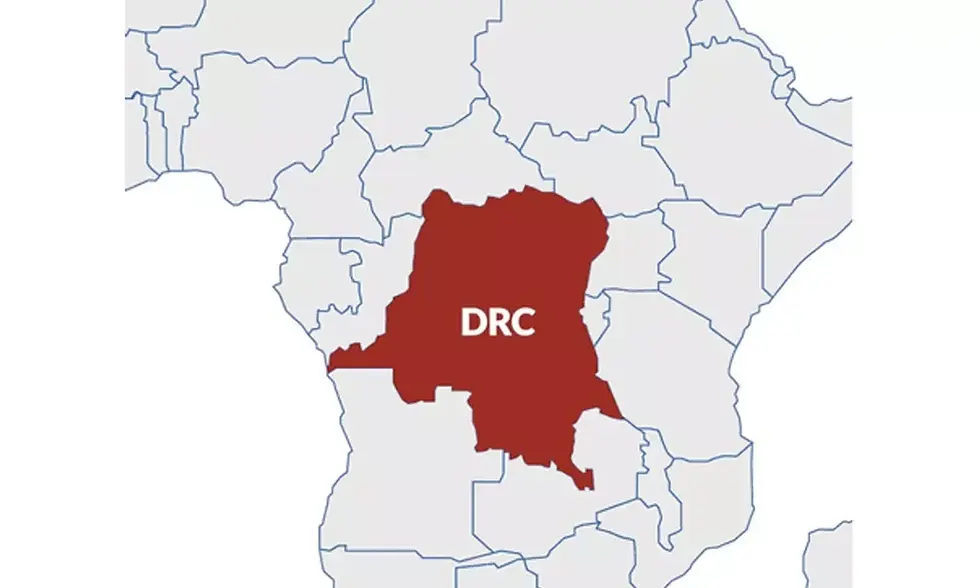Iran Rejects Nuclear Talks as Conflict With Israel Escalates
- TPP

- Jun 21, 2025
- 2 min read

The conflict between Iran and Israel has escalated sharply as it enters its ninth consecutive day, marked by ongoing air strikes, mounting civilian casualties, and diplomatic deadlock. Despite recent efforts at de-escalation talks in Geneva, diplomacy has so far failed to produce meaningful outcomes. Top European diplomats—representing Britain, France, and Germany—met with Iran’s Foreign Minister Abbas Araghchi in Switzerland, but the talks collapsed. Araghchi reaffirmed that Iran would not resume nuclear negotiations with the United States as long as Israeli attacks continue.
The latest surge in violence saw Israeli forces targeting Iran’s Isfahan nuclear research complex, one of the country's largest nuclear facilities, located in central Iran. Although there were no reported leaks of hazardous radioactive materials, Iranian authorities urged residents to stay away from the area as a safety precaution. The targeting of such sensitive infrastructure raises concerns over potential nuclear fallout and further complicates regional security.
Meanwhile, in the holy city of Qom, a direct Israeli missile strike on a residential building resulted in two deaths and four injuries, as confirmed by state media. The Israeli Defense Forces (IDF) stated that their recent operations have been aimed at Iranian missile storage and launch sites, in retaliation for missile attacks launched by Iran toward central Israel. Explosions were reported near Tel Aviv, with visuals of interception missiles lighting up the night sky above the city—Israel's second largest urban center.
In a video address, Israeli Chief of the General Staff, Eyal Zamir, warned citizens to brace for a "prolonged campaign," suggesting that this confrontation with Iran may extend well beyond the coming days. This statement underscores growing fears that the conflict could spiral into a broader regional war, with long-term geopolitical consequences.
The diplomatic fallout from the conflict has reached Washington, where it has exposed significant divisions within the U.S. administration over Iran’s nuclear ambitions. President Donald Trump openly rejected findings presented to Congress in March by Director of National Intelligence Tulsi Gabbard, who had stated that Iran was not actively pursuing a nuclear weapon—a position contradicting Israeli claims. Speaking to reporters, Trump declared Gabbard "wrong," and criticized the intelligence community for "underestimating Iran's capabilities." However, in a surprising reversal, Gabbard later issued a brief statement on social media supporting the president’s position, signaling either internal pressure or shifting political strategy.
Adding to the international response, the Organisation of Islamic Cooperation (OIC)—a bloc of 57 Muslim-majority countries—held an emergency session in Istanbul on Saturday, attended by Iran’s foreign minister. The session emphasized solidarity among member states and condemned the rising violence. Yet, Iran’s core message remained firm: nuclear negotiations will not proceed under military pressure, particularly from Israel.
This intensifying crisis illustrates the fragile balance in West Asia (also referred to as the Middle East), where military aggression, nuclear diplomacy, and political rivalries intersect, leaving little room for compromise.
Click for Daily Quotes:
Stay updated with the latest news by joining our Telegram channel – The PRESS Pad , and follow us on Instagram and X.



Comments